EUCROSS
- Organization
- School of International Service
- Link to Event
- https://ghum.kuleuven.be/ggs/research/eucross/eucross-washington-call-for-papers.pdf
Description
Call for Papers: 2019 EUCROSS Conference Contestation and Enduring Cooperation in a Changing World Order Washington, D.C. | 12-13 June 2019
Sponsors: School of International Service at the American University in Washington, DC and Leuven Centre for Global Governance Studies, in the framework of the Jean Monnet Network ‘The European Union at the Crossroads of Global Order’ (EUCROSS)
Submission deadline: 25 February 2019
Call for Papers
The present international conference, in the framework of the Jean Monnet Network EUCROSS, aims at deepening our understanding of current global trends in times of contestation and enduring cooperation. We invite paper proposals from various disciplines – including International Relations, Foreign Policy, EU Studies, American Politics, International and EU Law and Development Studies – to analyze and re-assess the state of multilateralism and the global order, and in doing so gain a greater awareness of the multifaceted nature of current dynamics.
More specifically, papers can be submitted which focus on one or more of the following areas:
1. Context and Concepts Explaining Change in the International Order Papers are invited to contextualize current changes in the international order from a historical and comparative perspective of international relations and international law. Moreover, papers can address conceptual frameworks and theoretical approaches which try to explain current changes in the institutional structures of the international order and/or the behavior of international actors within the changing international environment. The aim is to identify innovative conceptual tools which capture the complexity of ‘new’ developments at the domestic, international/transnational, supranational and global levels.
2. Contestation, Gridlock, Cooperation and Global Issue Areas Papers should address and explain contestation, gridlock and cooperation in one or more of the following global issue areas: trade, sustainable development, migration, counter-terrorism, cybersecurity and human rights. How can we explain the contestation of key norms, values and (institutionalized) procedures in these issue areas? At the same time, how can we explain the enduring cooperation in these areas? How and to what extent should domestic contestation and the rise of nationalist and/or populist parties/leaders be related to the crisis of the international order, more particularly the aforementioned global issue areas? Finally, what are the different forms of contestation that can be identified (practice or discourse, domestic or global, representational or normative…) and what are their implications? All of these issues should be appraised in view of re-examining how they alter and even prevent the functioning of key formal and informal multilateral fora, including the G7 and G20, the IMF, the World Bank, the WTO and UN.
3. The US, the EU and the International Order Papers should address how we can explain the effects of (the absence of) leadership and of contestation in the US, the EU and its Member States in the changing international order, especially in the areas of trade, sustainable development, migration, counter-terrorism, cybersecurity and human rights. Papers could also explain whether current US foreign policy and engagement with the international order mark a break with the past or whether they can rather be situated in a continuum. Moreover, papers are invited to explain how the EU engages with its respective global partners in the light of growing international contestation and domestic crises. Papers are also invited to explain how, more specifically, the EU weighs coherent and principled multilateral external action with the need to act pragmatically in an environment of global contestation and a need for continuing international cooperation. The fallout of this crisis of multilateralism should be assessed also in the context of how both the US and EU are dealing with the deepening paralysis within multilateral settings (G7 and G20, the IMF, the World Bank, the WTO and UN, …) and what this means for global cooperation. More generally, papers may also seek to question whether the roots of the international order’s fragility are to be found in the failing Western hegemony or elsewhere.
*** Submission Details: Paper abstracts (500 words) and short CVs (200 words) should be sent to ggs@kuleuven.be by 25 February 2019. EUCROSS especially invites junior researchers (PhD candidates and post-docs) as well as early-career scholars and practitioners to apply. Selected paper presenters will be informed by mid-March 2019. A limited number of presenters can be selected to receive a grant up to a maximum of 900 Euros (approx. 1000 US Dollars) for mobility funding (partial or complete coverage of travel costs to Washington, D.C.).
Conference Format: The conference will bring together junior and senior scholars and practitioners from various disciplines, including International Relations, Foreign Policy, EU Studies, American Politics, Comparative Politics, International and EU Law and Development Studies. Selected speakers will interact with established academics from the EUCROSS network. Successfully elaborated and presented papers may be selected for an international publication. For more information, please visit www.ggs.kuleuven.be/eucross, or contact Dr. Kolja Raube (KU Leuven) at kolja.raube@kuleuven.be or Prof. Michelle Egan (American University) at megan@american.edu
